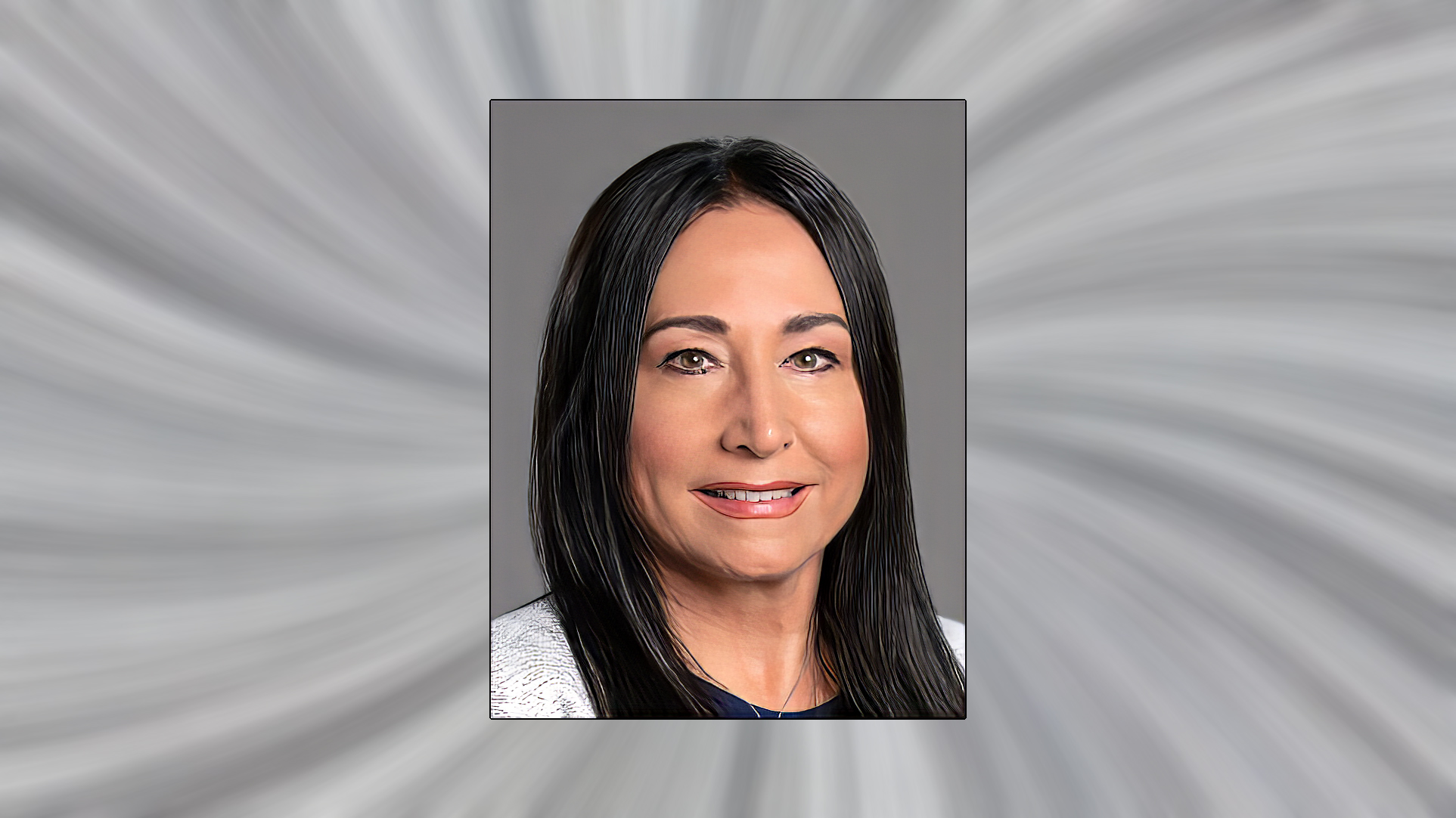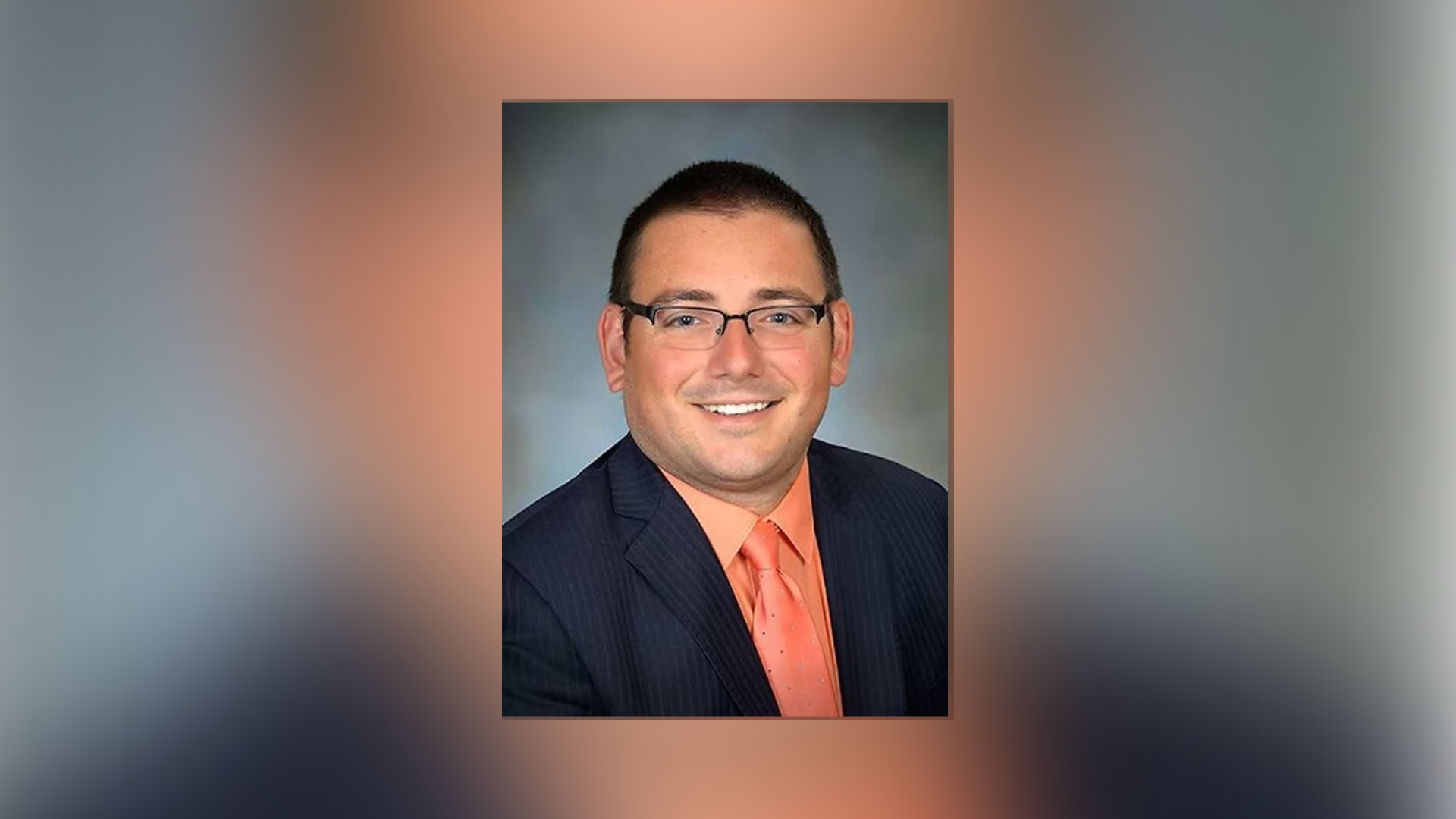Among the list of legislative proposals that the Hillsborough County Commission is asking their state lawmakers to enact this year is a request from one Board member to eliminate Sunshine Laws for county commissioners.
Donna Cameron Cepeda, a Republican first elected in 2022, says her proposal does not aim to reduce transparency in local government but to improve the “functionality of the decision-making process for Commissioners and specific boards.”
“Discussions under the current Sunshine law can hinder effective communication, particularly [for the] Commission on Human Trafficking where sensitive information needs to be handled cautiously,” Cameron Cepeda told the Phoenix in an email.
“As a dedicated public servant, I value transparency, accountability, and the public’s trust in government operations. Florida’s Sunshine Law has been instrumental in ensuring openness and preventing corruption. However, certain circumstances call for thoughtful updates to improve efficiency and effectiveness while maintaining the integrity of the public process.”
Cameron Cepeda serves on the Human Trafficking Commission, and she says that the ability to discuss strategy is “crucial.”
“Traffickers actively monitor anti-trafficking efforts, and public discussions can inadvertently expose our plans, jeopardizing their effectiveness,” she said. “Limited private discussions would allow us to safeguard sensitive information while continuing to uphold our mission to protect the most vulnerable.”
Florida has a long history of strong Sunshine Laws, starting with the Public Records Law in 1909. This law states that citizens can see, read, and copy any records the government receives during business hours unless state law says the information is private.
The Government in the Sunshine Law was adopted in 1967.
In 1992, Florida voters approved a constitutional amendment guaranteeing the public’s right to access records and meetings. A decade later, as lawmakers added exemptions, voters approved another amendment, making it harder for legislators to approve future exceptions.
Code words
Ben Wilcox is the research director for Integrity Florida, a government watchdog group. He says that, since its inception, there have been attempts to weaken Florida Sunshine Laws by public officials who would like to operate more in the shadows than in the sunshine.
“More often than not, these public officials try to argue that allowing officials to discuss issues out of public scrutiny would ‘improve the functionality of the decision-making process,’” Wilcox said.
“This is code for actually saying, ‘Making deals would be easier if we didn’t have to do it at a public meeting.’
“These public officials will also seek to justify their desire to operate out of the sunshine by citing sensitive issues like human trafficking and raising security concerns that traffickers will ‘monitor’ the public discussions and somehow use the information to evade prosecution. Again, this is a red herring. Any action the local government might take regarding human trafficking will still have to come before the body as an agenda item and be subject to full public discussion. Allowing Commissioners to discuss public issues privately will only facilitate backroom dealmaking.
“The overall effect of weakening our Government in the Sunshine Law will be a loss of public confidence in its government. This County Commissioner says she is not ‘advocating for secrecy or reduced public oversight,’ but in reality that is exactly what she is advocating for.”
Harry Cohen, one of two Democrats on the seven-member Hillsborough County Commission, does not support Cameron Cepeda’s proposal.
“I am not in favor of elimination of the Sunshine Law for County Commissioners,” he said in a text message.
The Phoenix reached out to two Hillsborough County Republican state lawmakers for comment, but neither responded.
Additionally …
Other proposals that the Board of County Commissioners are calling for include:
— Support legislation for flexibility in housing statutes or policies that may allow local decision-making while fully funding the Live Local Act programs. Oppose high-hazard coastal areas receiving Live Local Act funding.
— Oppose legislation undermining the county point of sale ban on certain fertilizers containing phosphates during the rainy season.
— Oppose legislation that impedes home rule authority, thereby limiting the ability of local governments to address issues within its jurisdiction promptly.
___
Mitch Perry reports. Florida Phoenix is part of States Newsroom, a nonprofit news network supported by grants and a coalition of donors as a 501c(3) public charity. Florida Phoenix maintains editorial independence. Contact Editor Michael Moline for questions: [email protected].
Post Views: 0

 Entertainment8 years ago
Entertainment8 years ago
 Entertainment8 years ago
Entertainment8 years ago
 Politics8 years ago
Politics8 years ago
 Tech8 years ago
Tech8 years ago
 Tech8 years ago
Tech8 years ago
 Tech8 years ago
Tech8 years ago
 Politics8 years ago
Politics8 years ago
 Tech8 years ago
Tech8 years ago








